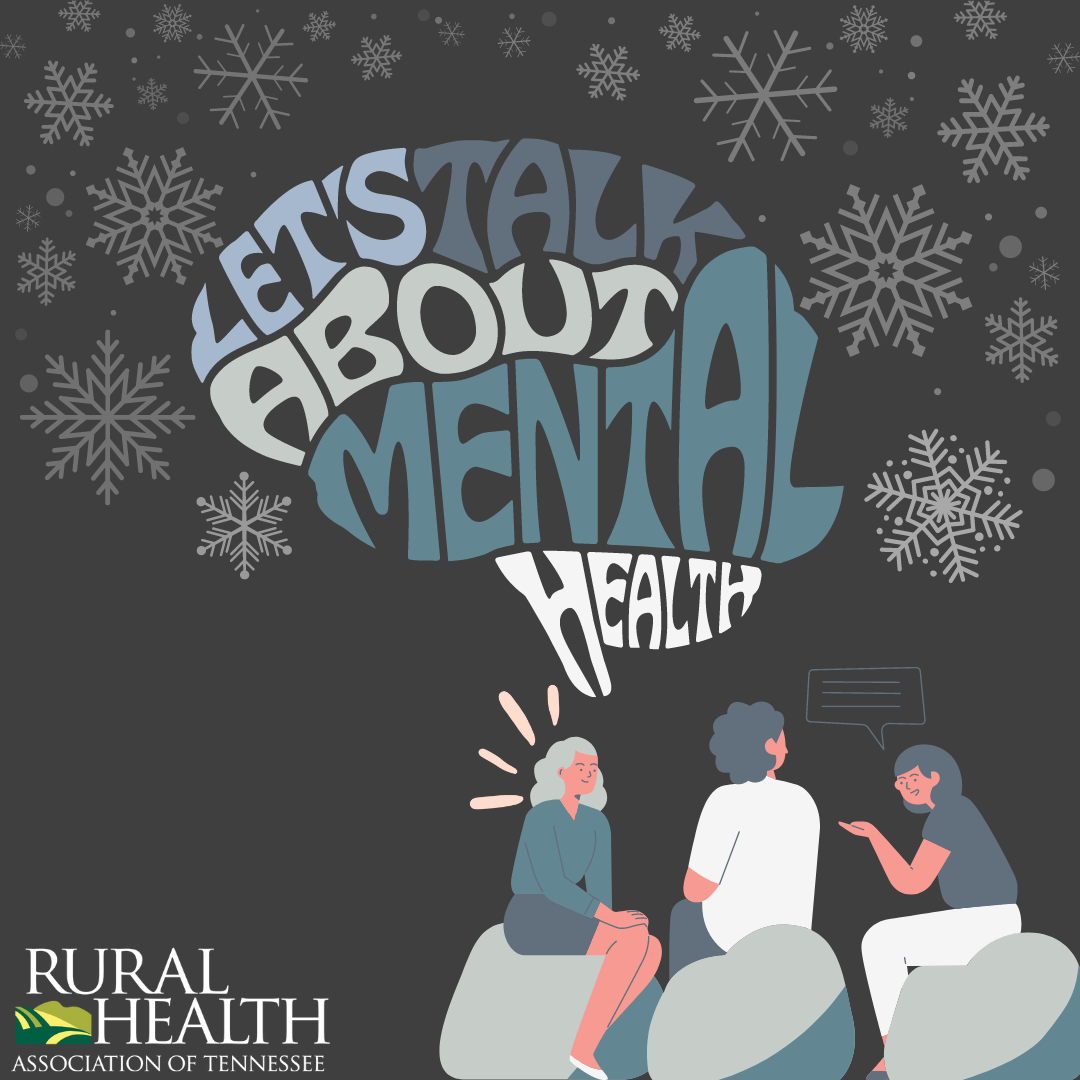 Navigating the winter months with mental health disorders can be particularly challenging due to factors such as reduced sunlight, colder temperatures, and the holiday season. Seasonal Affective Disorder (SAD), a form of depression associated with changes in seasons, often intensifies during winter. To mitigate its effects, individuals can explore light therapy, spending time outdoors during daylight hours, and incorporating light-enhancing activities into their daily routines. Additionally, maintaining a consistent sleep schedule is crucial for stabilizing mood and energy levels, as disruptions to sleep patterns can exacerbate symptoms of various mental health disorders.
Navigating the winter months with mental health disorders can be particularly challenging due to factors such as reduced sunlight, colder temperatures, and the holiday season. Seasonal Affective Disorder (SAD), a form of depression associated with changes in seasons, often intensifies during winter. To mitigate its effects, individuals can explore light therapy, spending time outdoors during daylight hours, and incorporating light-enhancing activities into their daily routines. Additionally, maintaining a consistent sleep schedule is crucial for stabilizing mood and energy levels, as disruptions to sleep patterns can exacerbate symptoms of various mental health disorders.
The winter season can contribute to social isolation, which is especially detrimental to individuals with mental health disorders. Efforts to stay connected with loved ones and engage in social activities, even if they are virtual, can provide a crucial support system. Community involvement and participation in group activities can foster a sense of belonging, reducing feelings of loneliness and isolation that often intensify during the winter months.
Establishing and maintaining self-care routines is paramount for managing mental health during winter. Prioritizing activities that bring joy and relaxation, such as hobbies or exercise, can serve as powerful coping mechanisms. Physical activity, even in the form of indoor exercises, has been shown to positively impact mood by releasing endorphins, the body's natural mood elevators. Additionally, practicing mindfulness techniques, such as meditation or deep-breathing exercises, can help manage stress and anxiety.
Recognizing the unique challenges that winter poses for mental health, seeking professional support is crucial. Mental health professionals can provide coping strategies, medication management, and a safe space for individuals to explore and express their emotions. Open communication with healthcare providers allows for the adjustment of treatment plans, ensuring they are tailored to the specific challenges presented by the winter season. Overall, a holistic approach that combines self-care, social connection, and professional support is essential for individuals with mental health disorders to successfully navigate the winter months and maintain their well-being.
Make sure as the months get colder you are there for not only the people around you but yourself. Winter months are hard to push through but you don't have to do it alone.
Resources

